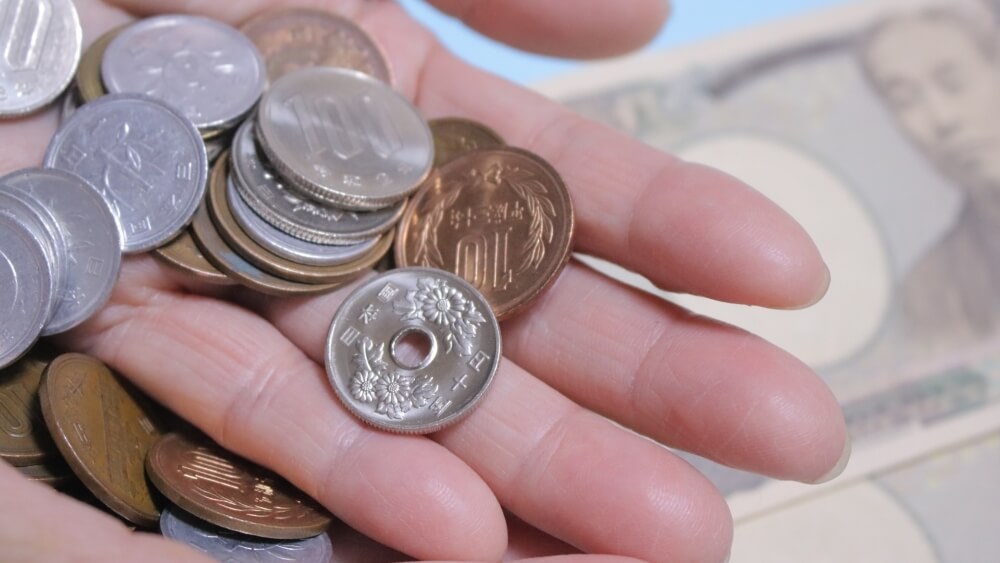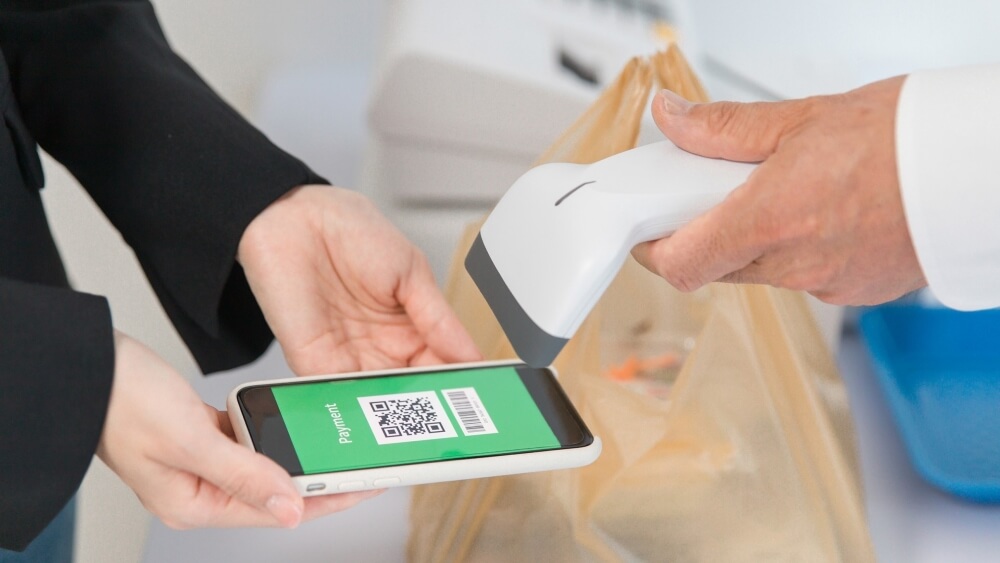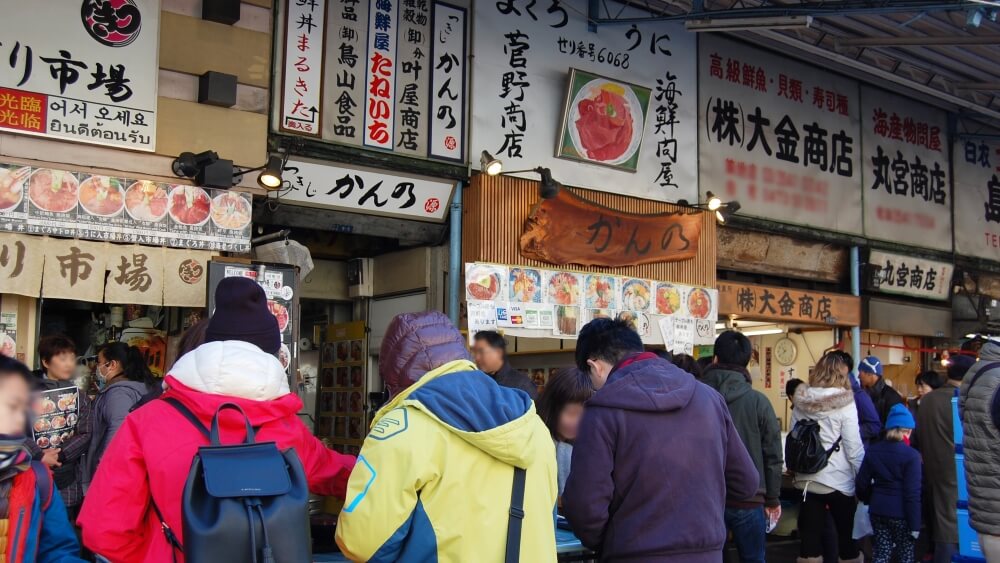In Japan, a variety of payment methods are used. While cash remains prevalent, convenient and advanced payment methods such as credit cards, debit cards, and electronic money are becoming increasingly popular. In this article, we will introduce these major payment methods and provide advice and precautions for foreign visitors to Japan regarding payments.
Payment Methods in Japan
Cash

Japan still maintains a strong cash culture. Cash is widely accepted as the primary payment method in many stores and services. Especially in smaller local shops and restaurants, cash is often the only accepted form of payment. Cash is also the main method for many vending machines and coin-operated laundries.
However, in urban areas and tourist spots, alternative payment methods besides cash are commonly accepted. Adjust the amount of cash you carry depending on your destination. Cash can be withdrawn from ATMs installed in convenience stores nationwide, as well as at currency exchange offices in airports and banks.
Credit Cards & Debit Cards
Credit cards are widely used, especially in urban areas. Major international brands such as Visa, Mastercard, Amex, and JCB are accepted. Most stores that take credit cards should also accept debit cards. However, since debit cards are not as common in Japan, they may sometimes be declined.
Electronic Money

Electronic money has rapidly expanded as a convenient and speedy payment method. It can be used in various places such as transportation, convenience stores, supermarkets, and restaurants. In Japan, there are some places where credit cards are not accepted but electronic money is, indicating the growing acceptance of electronic money as a major payment method.
Below are the main types of electronic payment.
Electronic Money Cards
These are prepaid cards that you can top up with money to use for payments. You can recharge them using cash or credit cards. Transportation IC cards like Suica and Pasmo are particularly recommended. These cards can be used for seamless transportation as well as for shopping at convenience stores, vending machines, supermarkets, and more. Suica and Pasmo cards are readily available for purchase at airports and major train stations. For more details, refer to the article “IC Cards in Japan: An Essential Guide to Suica, Pasmo, Icoca.“
Other popular electronic money options include Edy, nanaco, and WAON, which are accepted at many stores. However, some may require application in Japanese, so for foreign travelers, Suica or Pasmo may be more convenient.
Mobile Payments
Instead of issuing physical cards, mobile payments using smartphones have rapidly gained popularity. Suica and Pasmo mentioned earlier also support mobile payments by using their apps. Representative services for mobile-exclusive payments in Japan include PayPay, Line Pay, and Rakuten Pay. These often involve scanning QR codes for payment, offering convenience and high security. For those planning to reside in Japan long-term, considering these payment methods is advisable.
Others payment methods

Gift Cards & Vouchers
In Japan, there is a culture of giving vouchers as gifts. You may receive gift cards or vouchers for occasions such as birthdays, entrance celebrations, or as bonuses for campaign products. There are various types of gift cards available, including Quo cards usable at convenience stores nationwide, department store-issued gift cards, travel gift cards, digital content gift cards, cafe cards and more.
Another unique card in Japan is the “Rice Voucher.” Originally intended for exchanging for rice, it can now be used to purchase a wide range of goods such as groceries, daily necessities, and miscellaneous items at supermarkets and convenience stores.
Checks
The checks are very uncommon in Japan and are mainly used for business or certain high-value transactions. Even if you open a bank account as an individual, you will not receive a checkbook.
As seen above, payment methods in Japan are diverse, but it’s important to note that credit cards or electronic money may not be accepted everywhere you go. Therefore, it’s essential to always have some cash on hand when in Japan.


